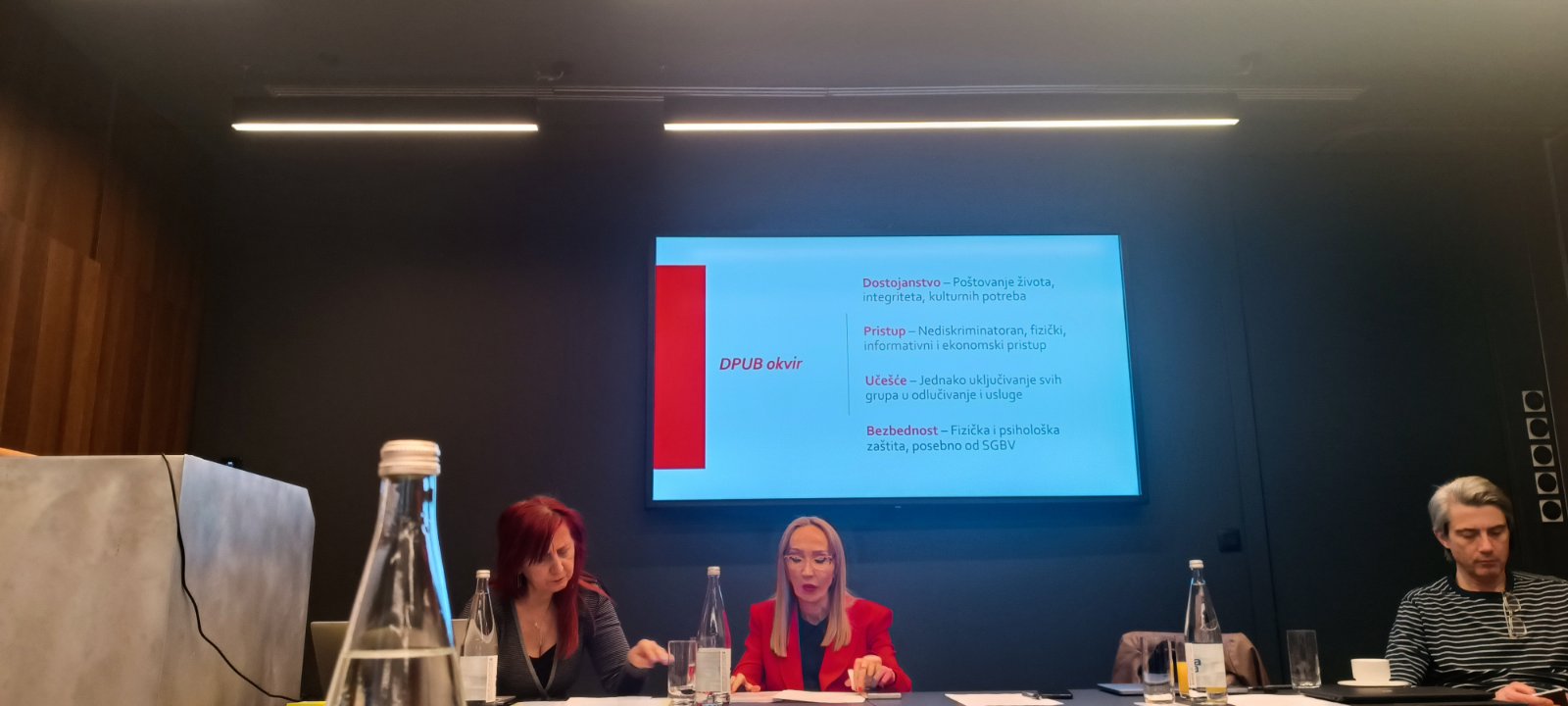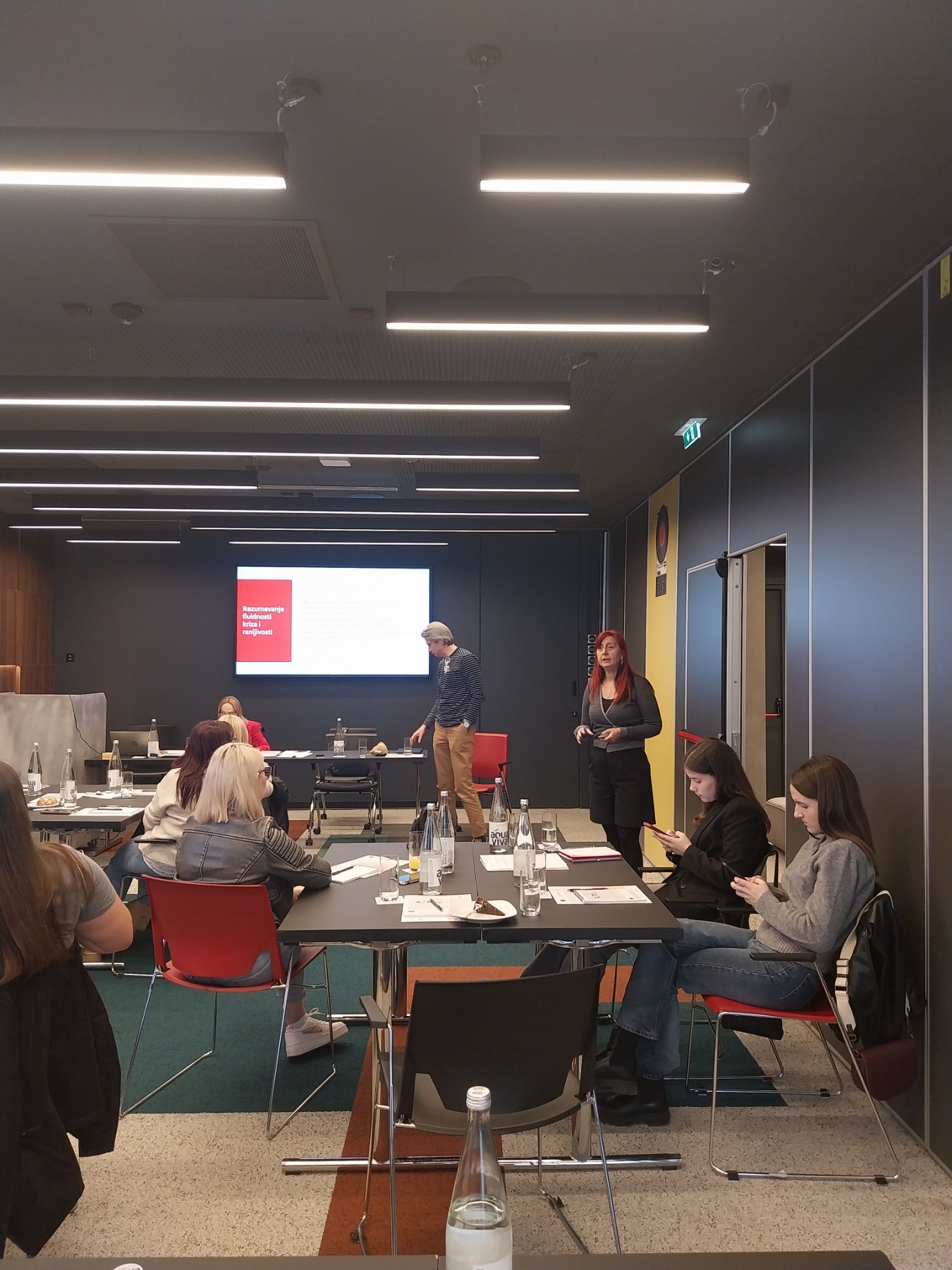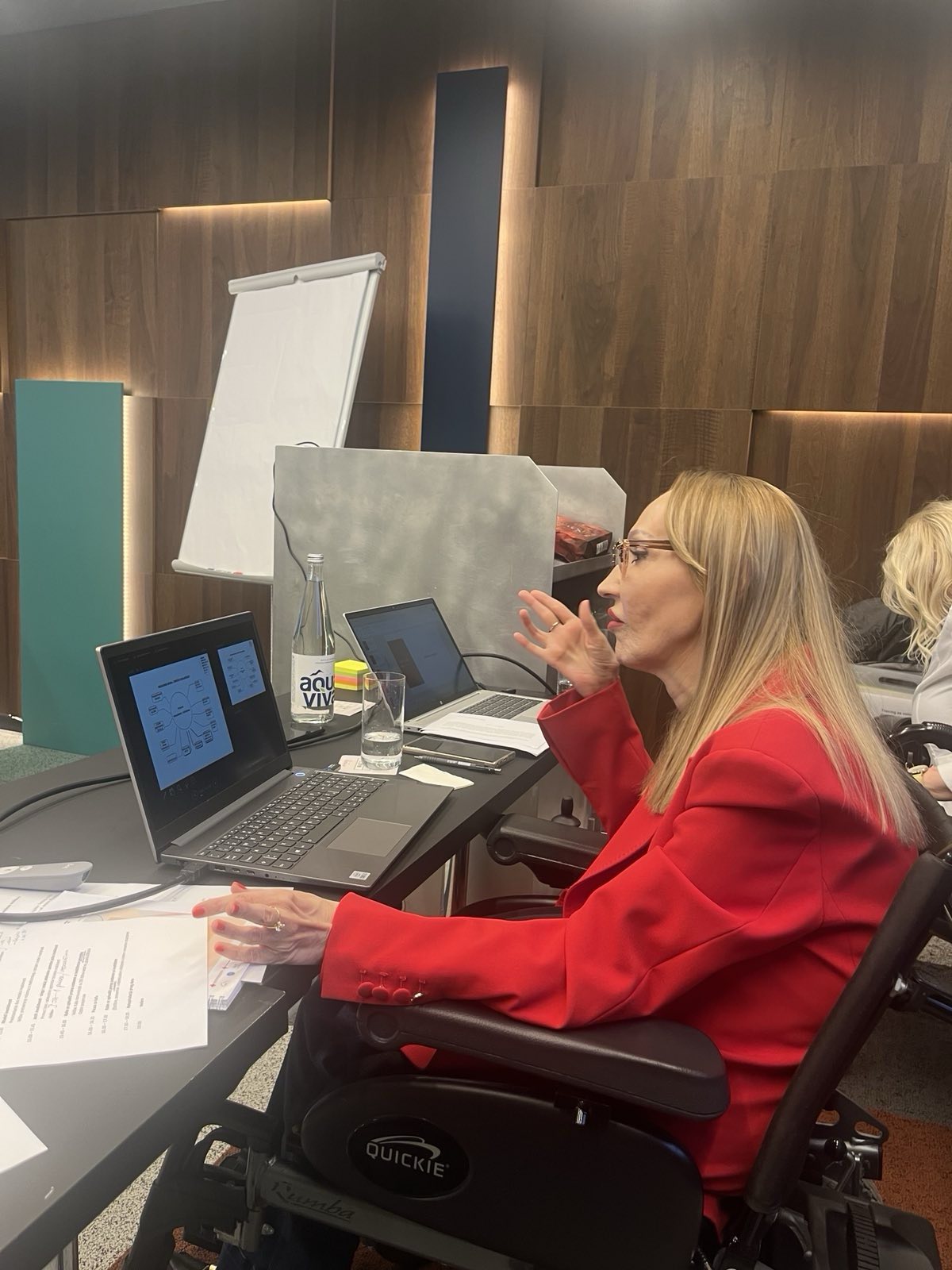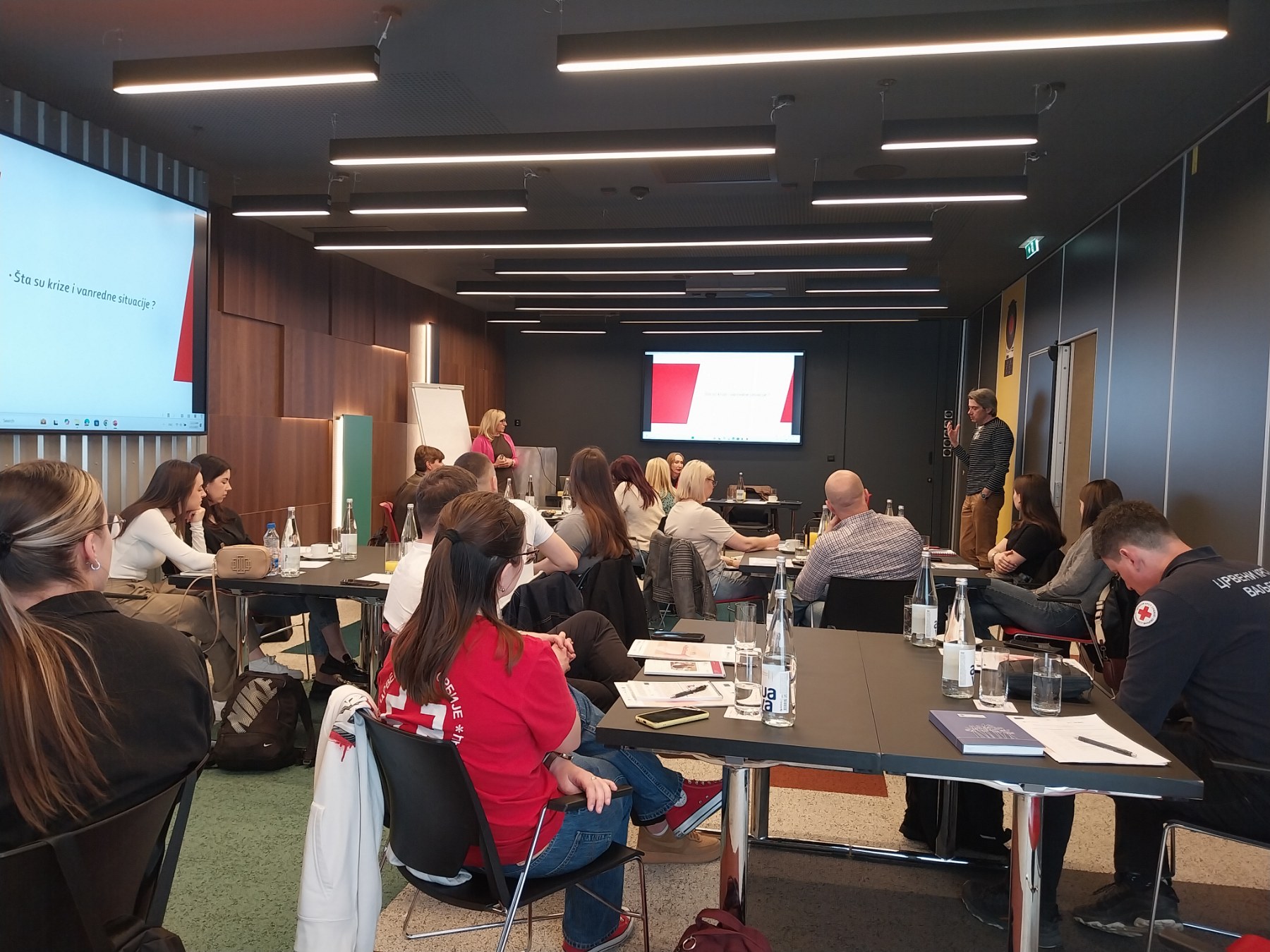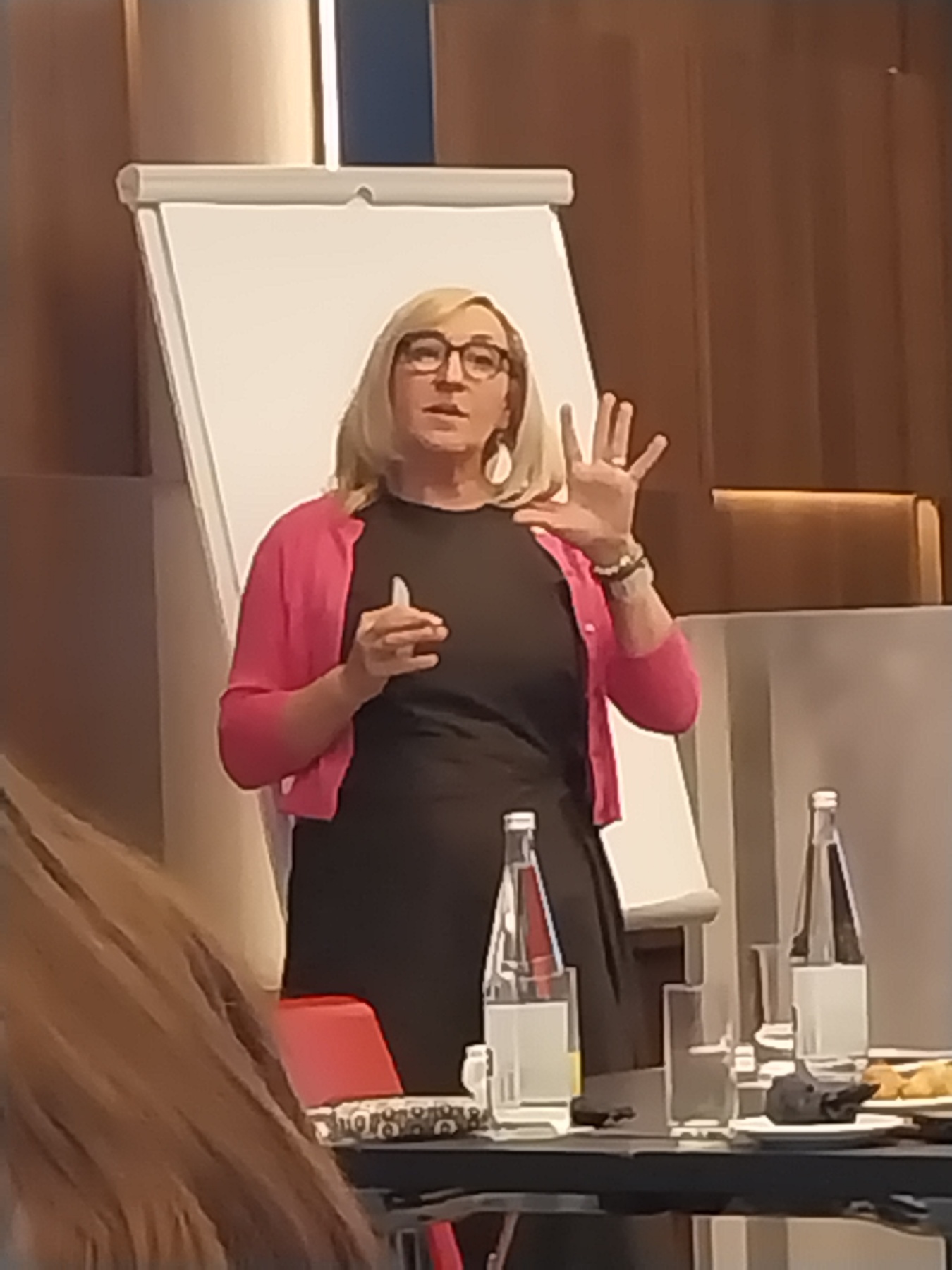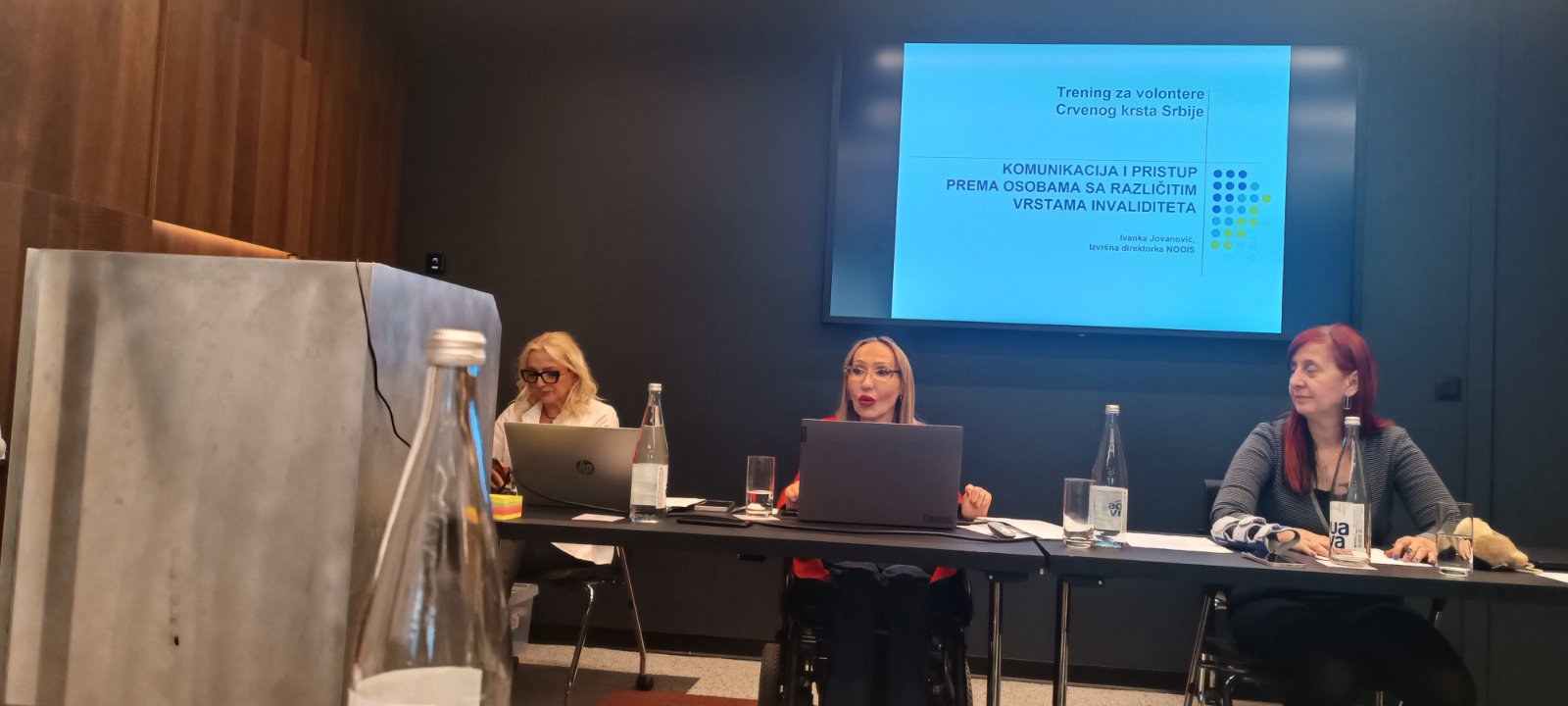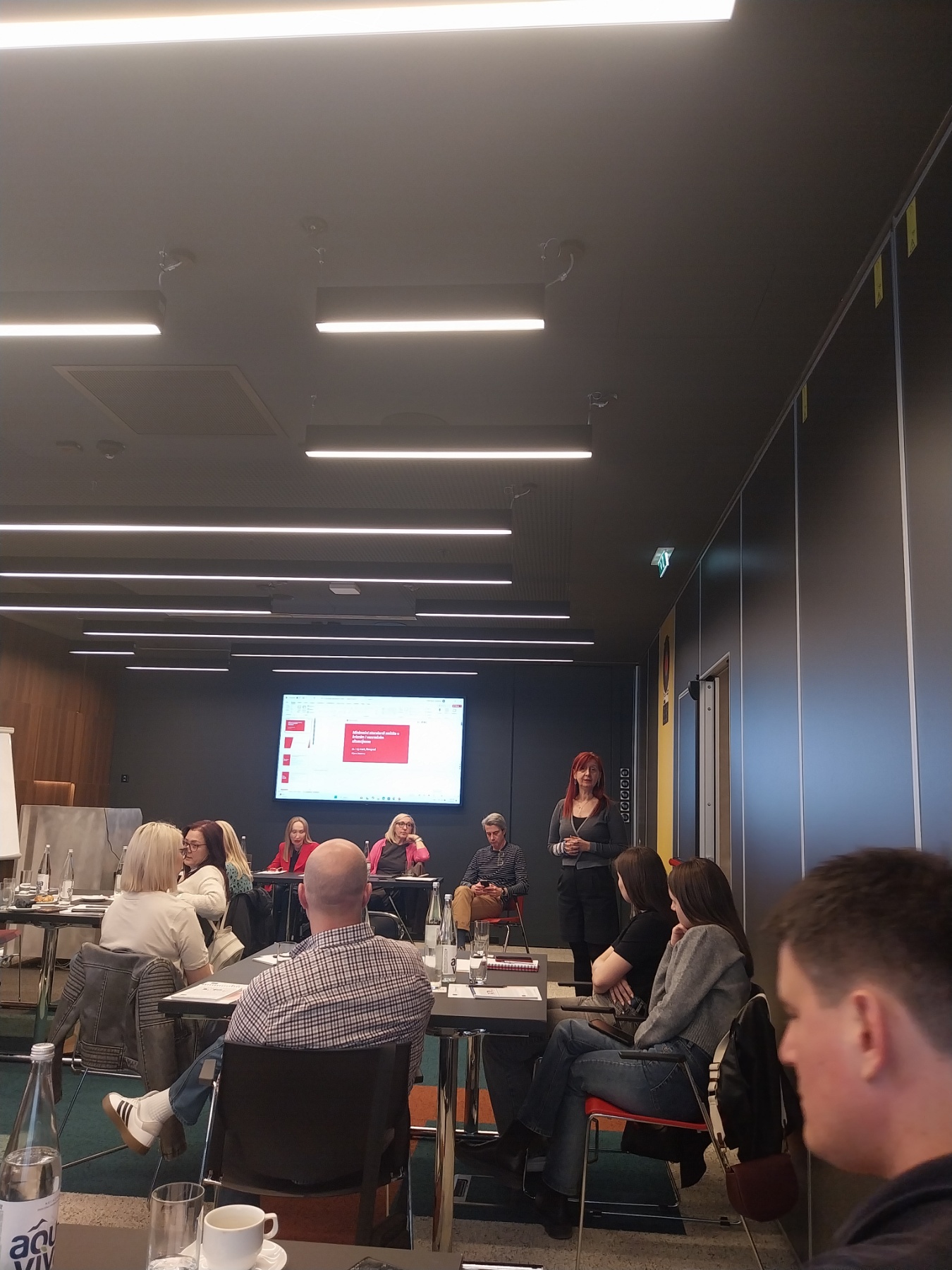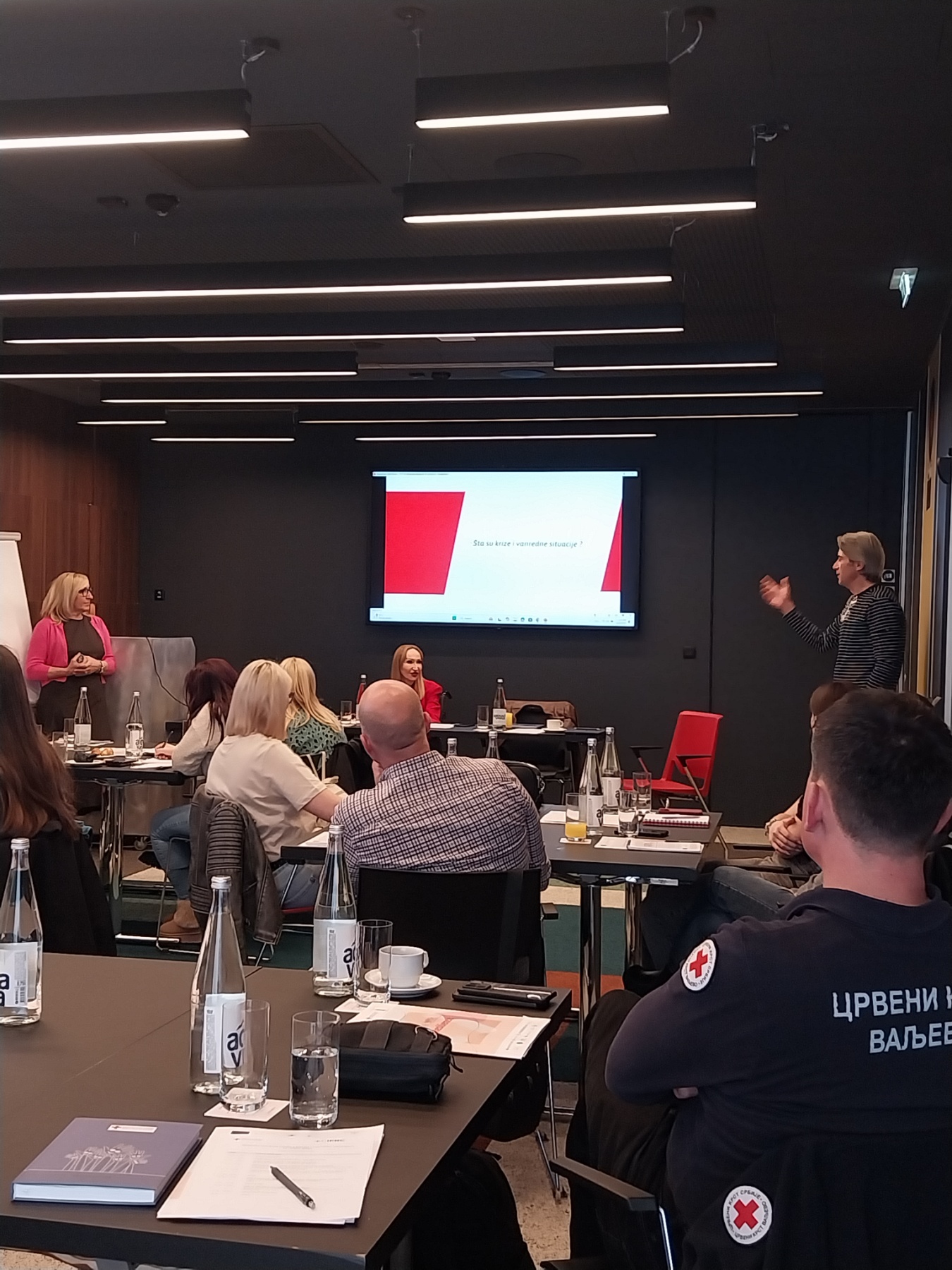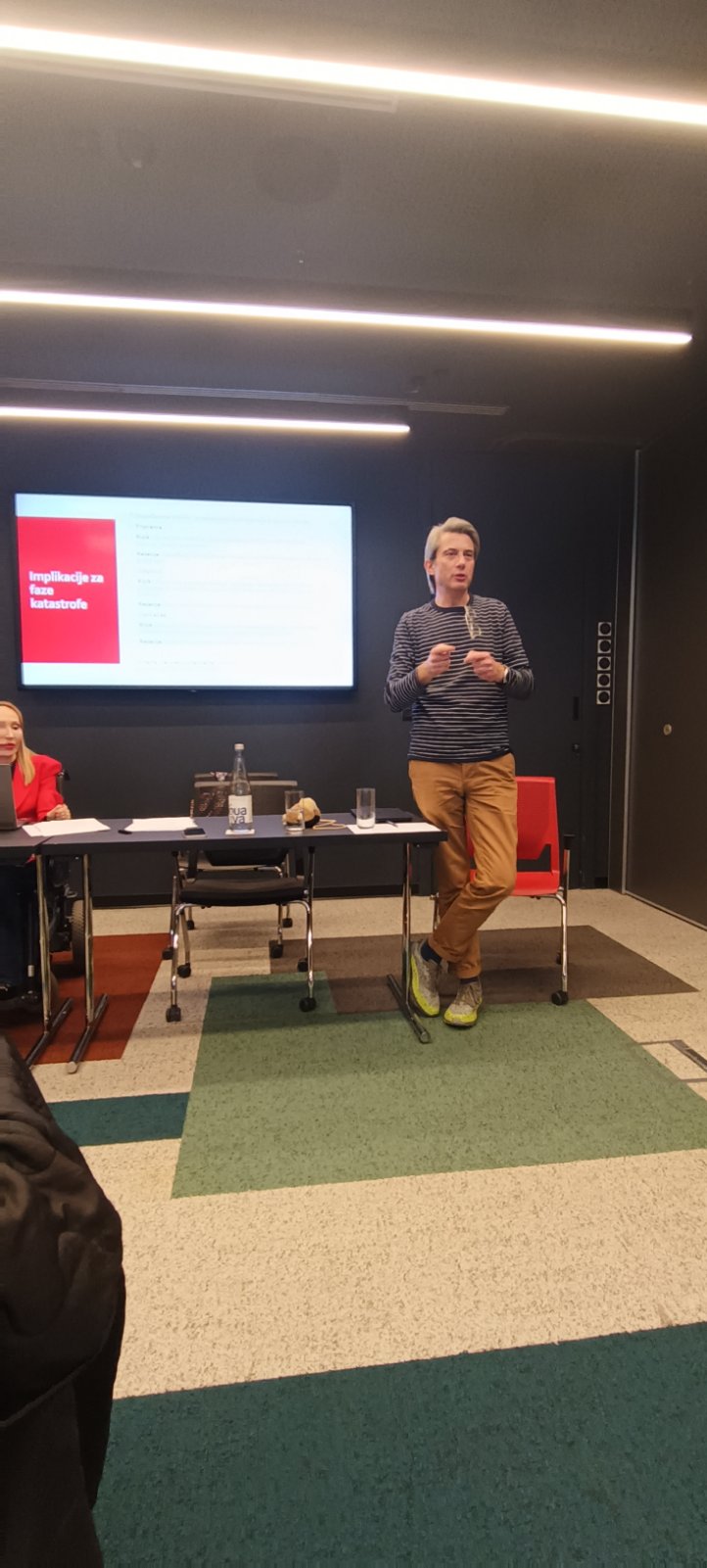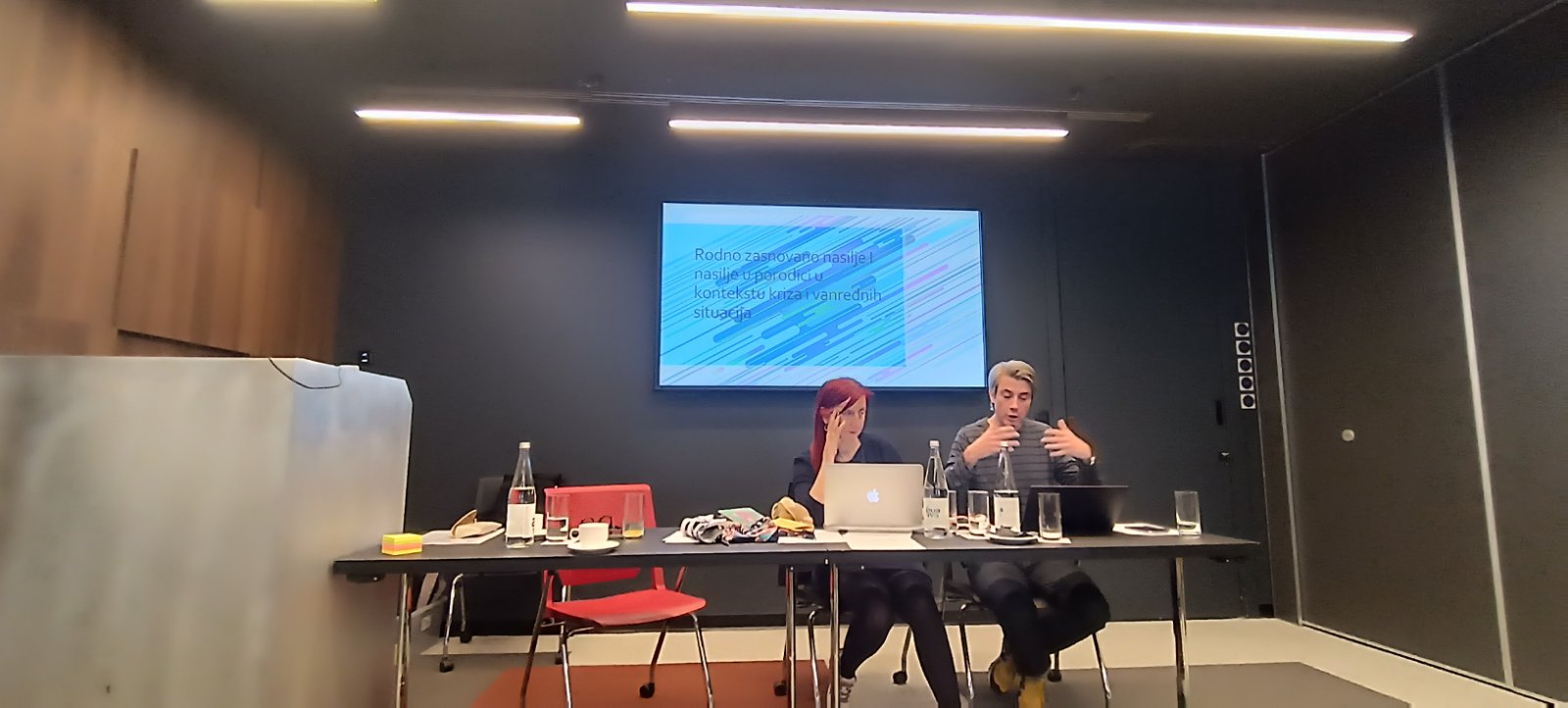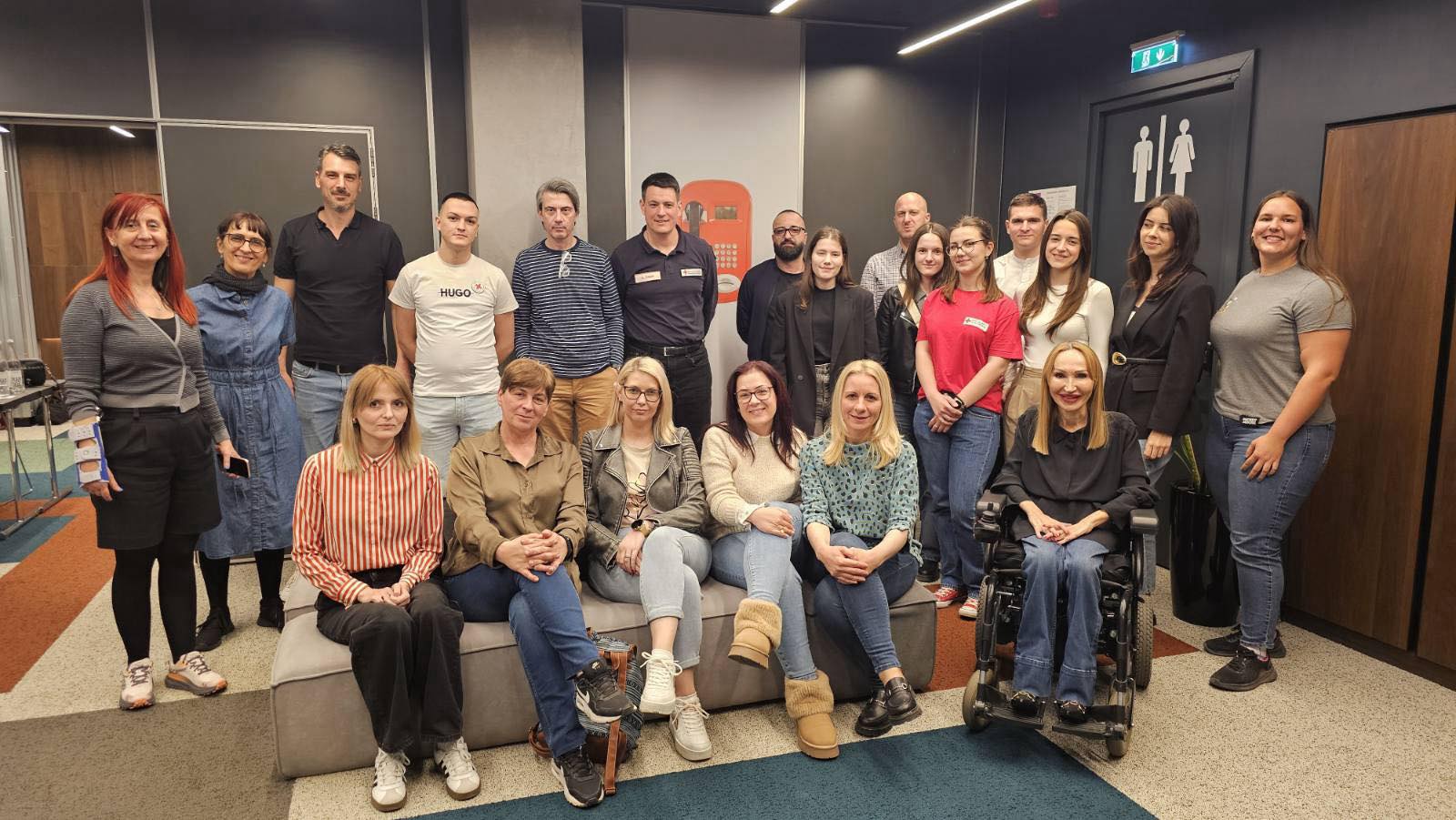- news
- minimum standards of protection in crisis and emergency situations for vulnerable groups - training
Minimum Standards of Protection in Crisis and Emergency Situations for Vulnerable Groups - Training
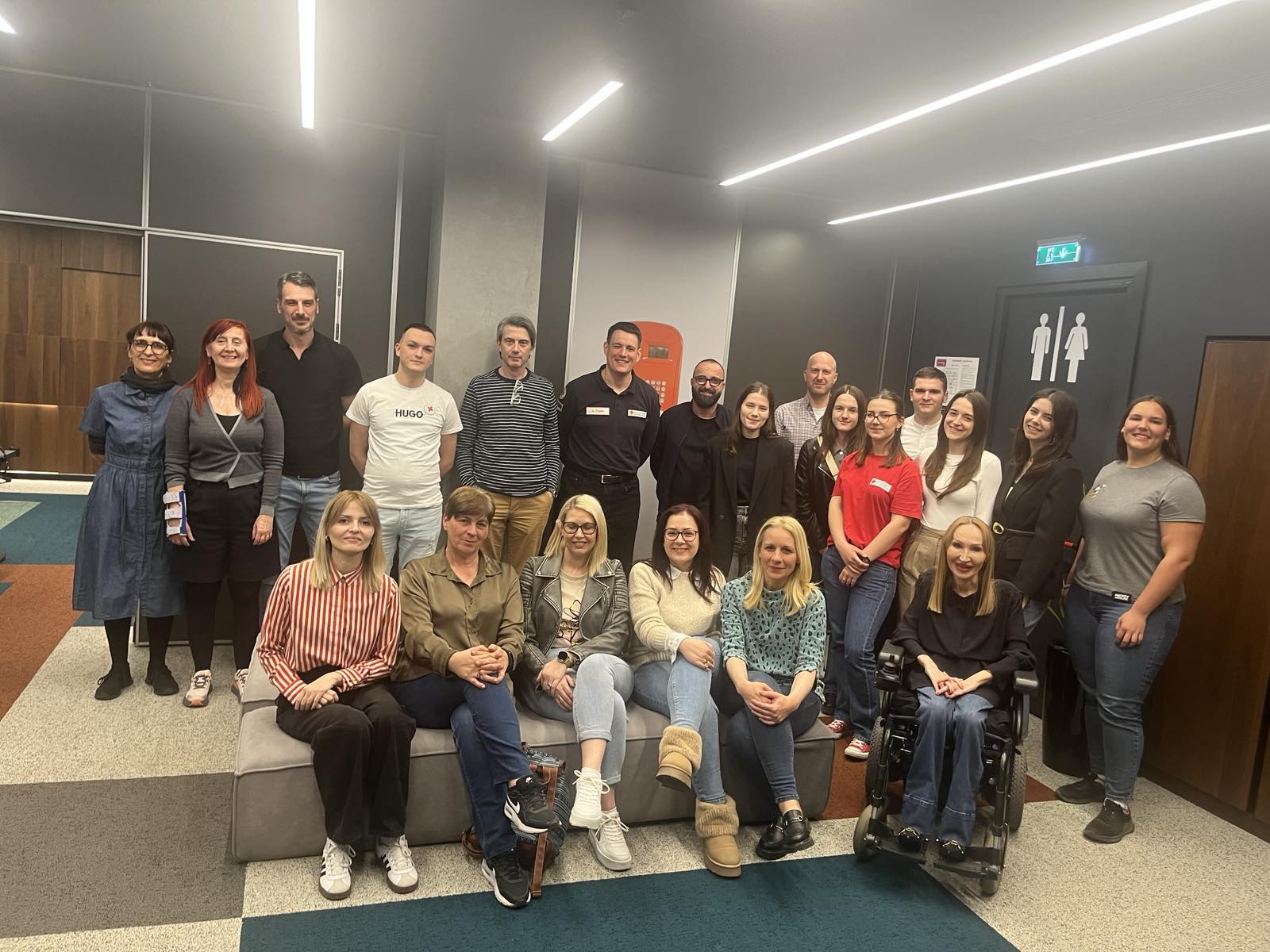
A training titled "Minimum Standards of Protection in Crisis and Emergency Situations for Vulnerable Groups" was held in Belgrade on March 22nd and 23rd. During the training, participants had the opportunity to familiarize themselves with key topics related to working with vulnerable groups in crisis and emergency situations. The program included theoretical lectures, discussions, and practical exercises.
The first day of the training was dedicated to understanding vulnerability in crisis and emergency situations, with a special focus on people with disabilities. Through lectures and discussions, participants were introduced to the basic concepts of what it means to be vulnerable in a crisis, and how vulnerability is located at the intersection of an individual's resilience, society's resilience, and the nature of the disaster itself. Additionally, participants learned about the specific challenges faced by people with disabilities and the key protective measures in place.
Key topics of the first day included:
- Vulnerability in crisis and emergency situations: A discussion was held on what makes a group vulnerable during emergencies, with special attention given to people with disabilities, older persons, women, and children.
- Minimum standards of protection: Key protection principles in crisis situations were presented, such as dignity, access, participation, and safety, along with a detailed explanation of the role of the Red Cross in implementing protective measures.
- Introduction to disability: Participants were introduced to types of disability, their causes, statistics, and the barriers faced by people with disabilities.
- Models of disability: The medical and social models of disability were presented, along with a practical exercise where participants were tasked with rephrasing sentences from the medical model to the social model of disability.
- Disability language: Special attention was given to the use of disability language, with examples of inappropriate and appropriate usage, as well as an exercise where participants analyzed the language used in everyday communication with people with disabilities.
- Communication with people with disabilities: A discussion was held on how to communicate with people with disabilities in both everyday and crisis situations, through exercises in which participants practiced appropriate communication techniques.
The second day of the training focused on the specific vulnerabilities of older persons, as well as the prevention of gender-based violence and mechanisms for responding to sexual exploitation and abuse in crisis and emergency situations.
Key topics of the second day included:
- Vulnerability of older persons: Specific problems faced by older persons in crisis situations were presented, including physical, emotional, and social challenges.
- Prevention of gender-based violence (GBV): The discussion focused on risks of violence against women and children during crises, prevention methods, and the implementation of the "Do No Harm" approach.
- Sexual exploitation and abuse: The topic of sexual exploitation and abuse in crisis situations covered prevention and reporting mechanisms, as well as providing support to victims. Participants learned about how to identify key services and partners that can assist in the fight against sexual abuse and exploitation.
- Training evaluation: At the end of the training, participants had the opportunity to share their opinions on the topics covered and provide recommendations for future activities.
The trainers at the training were Ivanka Jovanović from the National Organization of Persons with Disabilities, Biljana Stepanov from the Women’s Support Centers, Nataša Todorović, and Dr. Milutin Vračević from the Red Cross of Serbia. The participants included staff and volunteers from various Red Cross branches, including Red Cross of Palilula, Vračar, Lazarevac, Mladenovac, Velika Plana, Valjevo, Zrenjanin, Tutin, Zaječar, Kraljevo, Novi Pazar, Kruševac, Niš, Sombor, Subotica, and Novi Sad.
This training is part of a project financially supported by the International Federation of Red Cross and Red Crescent Societies.
